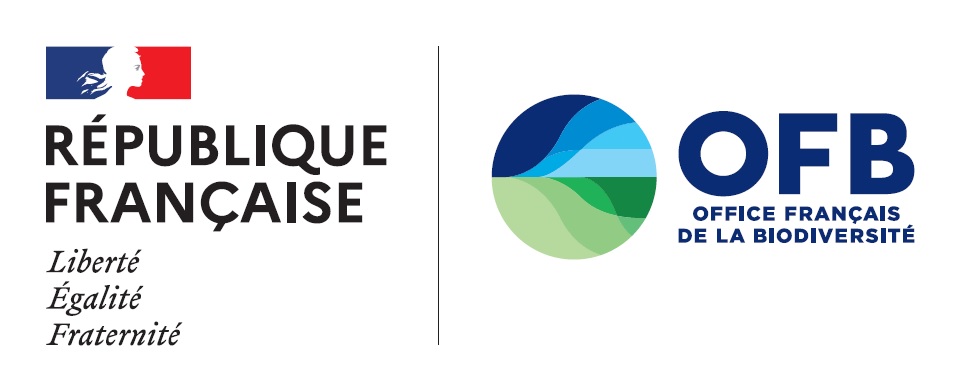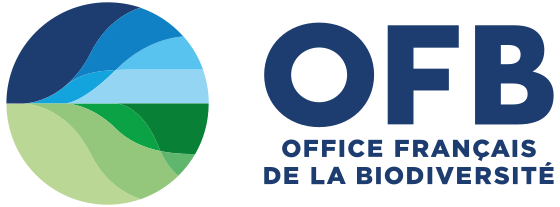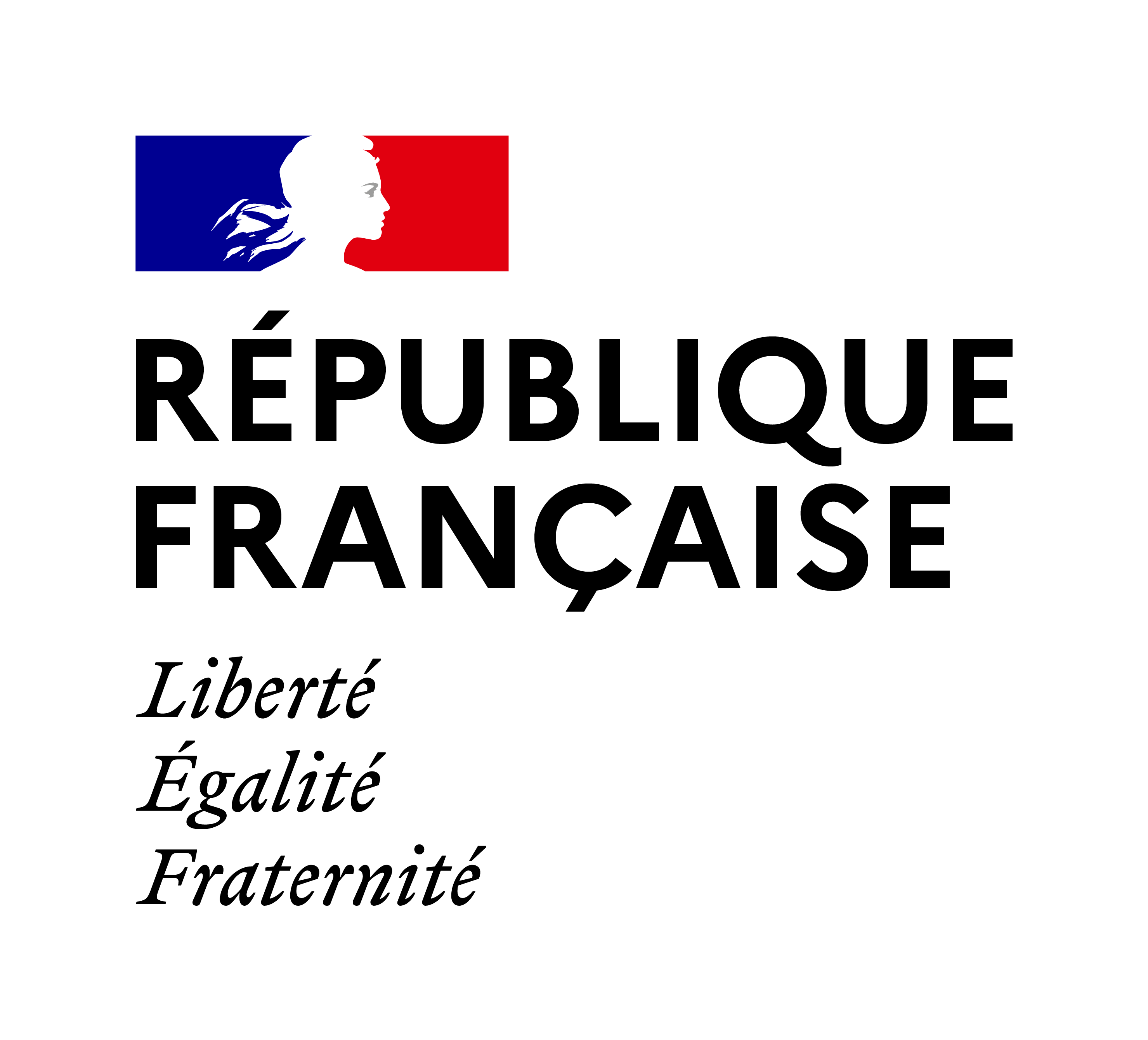All the English documents
These English part of the Agency Technical Portal only propose you translated and edited versions of collections publications or other documents. Here is the search in all these documents.
More resources are available on the French website.
Implementation of the Water Framework Directive. When ecosystem services come into play | Meetings recap |
This document presents the results of the seminar Implementation of the Water framework directive. When ecosystem services come into play, i.e. the concept of ecosystem services, the application methods for integrated water management in Europe, recommendations for decision-makers and the fields where further research is required.
Engineering the water continuum - n°16 | Meetings |
The notion of an aquatic continuum has become critical to understanding aquatic ecosystems in that it emphasises the need for an integrative approach, spanning both the spatial and temporal scales, to water management. Incorporating this concept in ecosystem engineering is a major challenge. In addition to mobilising integrated, multi-disciplinary scientific methods, this approach must take into account not only the fact that human uses of water are highly diverse and interconnected, but the many stakeholders as well.
Management plan to save the eel. Optimising the design and management of installations - n°15 | Meetings |
Over the past 3 years, the Eels & Installations R&D programme launched 18 research projects to optimise the design and management of installations to protect migrating eels. This feedback symposium sketched a panorama of the results achieved in a series of presentations addressing the operational aspects of issues. The presented solutions and tools pave the way for a collaborative response by the economic participants to the challenge of restoring the species.
Assessing the ecological services of aquatic environments. Scientific, political and operational issues | Knowledge for action |
In a context of climate change and biodiversity loss, the notion of ecological services has rapidly gained ground in political debates. The goal of good ecological status, set by the European water framework directive in 2000, has led to major efforts to preserve and restore aquatic environments. The ecological services provided by aquatic environments are now a topic of growing interest to water managers and, more generally, to all stakeholders in society interested in the quality and sustainable management of aquatic environments.
Water status and the Water framework directive. A review of assessment methods - n°13 | Meetings |
In view of the 2nd management cycle of the Water Framework Directive, 2011 constituted a key year for developing and ensuring the compliance of water status assessment methods. 2 scientific information days focusing on bioindication were followed by 2 days of discussions in order to review the progress made, the prospects for the development of methods used for assessing water status in France, and the tools of the water status assessment system (système d’évaluation de l’état des eaux - SEEE).
Drinking-water abstractions and nonpoint-source pollution. Operational solutions for supply zones of priority water abstractions | Meetings recap |
Protecting water abstractions from the nonpoint-source pollution released in large part by farming activities is a crucial challenge for our societies. The Large-scale farming offering high economic and environmental performance scientific group (GIS GC-HP2E) brought together a number of participants to discuss these complex issues. This document recapitulates the projects presented, the viewpoints and the scientific contributions made during the meeting.
Economic instruments to support water policy in Europe: paving the way for research and future development | Meetings recap |
Positioned at the interface between science and policy, the workshop provided an opportunity for economists, practitioners, policy makers and researchers to dialogue about the design and implementation of (new) economic instruments in the field of water, as a means to identify: the main policy demands in terms of economic knowledge and expertise, key “success factors” for the effective implementation of economic instruments, pre-conditions for economic instruments to deliver behavioural changes and efficiency gains, and support financing actions for achieving sustainable water management and the ecological objectives of the WFD.
Mesocosms. Their value as tools for managing the quality of aquatic environments | Meetings recap |
This document reviews the advantages of mesocosms for ecology and ecotoxicology studies, presents the needs and expectations of water managers concerning toxic micropollutants, and finally proposes a number of ideas on the use of mesocosms in meeting the challenges involved in ensuring the quality of aquatic environments.
Climate change. Impacts on aquatic environments and consequences for management | Meetings recap |
What will the consequences of the climate change be on the quality and quantity of the waters in France? How will the aquatic ecosystems react to the new conditions? What do these new stakes means for the various human stakeholders in water: managers, service operators, farmers, fishermen? The Climate change, impacts on aquatic environments and consequences for management seminar focussed on these issues. Recap.
Treatment of wastewater, sludge and septage in small to mid-sized towns - n°11 | Meetings |
The main goal of this symposium organised during the 2010 Pollutec trade show was to provide the French sanitation sector with operational tools to assist in meeting regulatory requirements and protect aquatic environments. It was also an occasion to hold a debate on priorities for research and future developments, taking into account operational needs.













